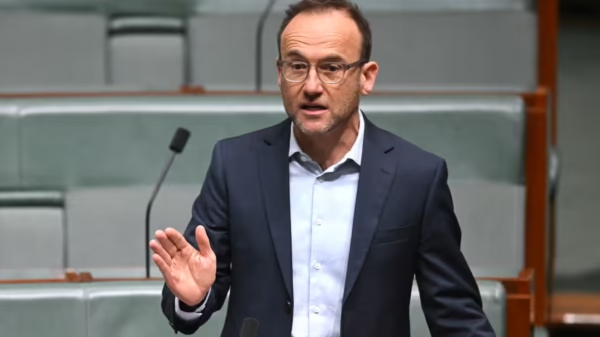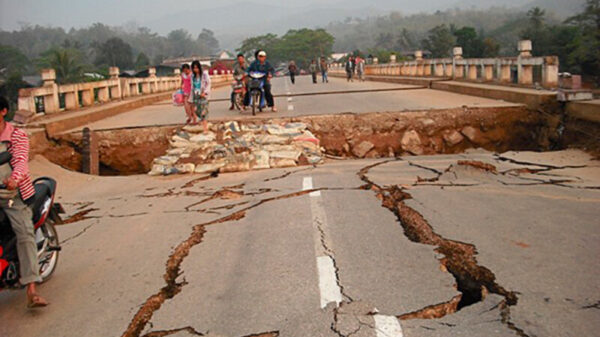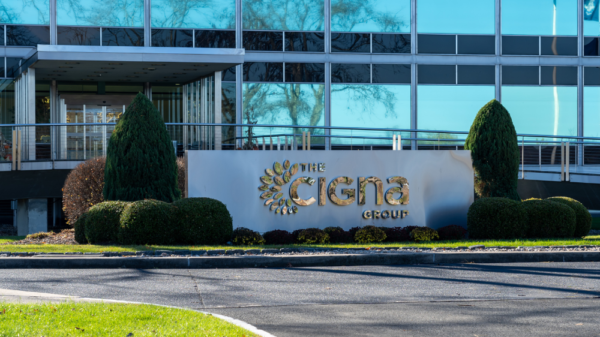Texas Reports Surge in Measles Cases
Texas health officials have reported a troubling increase in measles cases across the state, sparking renewed concerns about vaccination rates and the capacity of the public health system to respond swiftly to contagious disease outbreaks.
Sharp Rise in Infections Across Multiple Counties
According to the Texas Department of State Health Services (DSHS), over 240 confirmed measles cases have been recorded statewide in the past month alone, with major clusters identified in Houston, Dallas, Austin, and El Paso.
Unvaccinated Populations Driving Outbreak
Health experts have linked the spike in infections to communities with low immunization rates. Several school districts report vaccination compliance well below national averages, making them susceptible to rapid disease transmission.
Children Most Affected
The majority of reported cases involve children under the age of 10. Pediatricians across Texas have raised alarms over delayed routine immunizations, which worsened during the COVID-19 pandemic and have yet to fully rebound.
Hospitals Respond to Increasing Admissions
Hospitals in heavily affected regions have expanded pediatric isolation units to accommodate the surge. While most patients experience mild symptoms, a growing number have developed serious complications like pneumonia and encephalitis.
Public Health Campaigns Urgently Launched
In response to the outbreak, Texas health officials have launched a statewide vaccination awareness campaign, including mobile immunization clinics and public service announcements encouraging parents to vaccinate their children.
CDC Involvement and Support
The Centers for Disease Control and Prevention (CDC) has sent epidemiologists and medical advisors to Texas to assist with outbreak containment, contact tracing, and community education efforts.
Legislative Scrutiny of Vaccine Exemptions
State lawmakers are debating changes to Texas’ relatively lenient vaccine exemption laws. Medical professionals are pushing for stricter requirements, citing the risks posed by preventable diseases in school environments.
Misinformation Fuels Vaccine Hesitancy
Health officials blame misinformation on social media for growing vaccine hesitancy. False claims linking the measles, mumps, and rubella (MMR) vaccine to autism and other disorders continue to circulate, despite being thoroughly debunked by scientific research.
School Closures and Quarantines Implemented
In some districts, school closures and targeted quarantines have been enacted to curb the spread. Students without proof of vaccination are being temporarily barred from attending in-person classes during active outbreaks.
Health Providers Stretched Thin
Clinics and public health departments are reporting staff shortages and increased workloads as they work overtime to distribute vaccines, respond to patient concerns, and update case records.
Disparities in Healthcare Access Highlighted
The outbreak has exposed disparities in access to healthcare across rural and underserved communities. Experts are calling for increased investment in preventative care and immunization infrastructure.
Local Leaders Call for Community Action
City officials and school administrators are urging families to take the outbreak seriously. Mayors in several affected cities have declared local health emergencies to expedite response funding and vaccine delivery.
National Public Health Implications
The situation in Texas is raising national concern as other states report smaller measles flare-ups. Public health advocates warn that if vaccination rates continue to decline, widespread outbreaks could follow nationwide.
Conclusion: A Wake-Up Call for Public Health Preparedness
The surge in measles cases in Texas serves as a stark reminder of the critical importance of routine immunization and robust public health systems. As officials work to contain the outbreak, the focus remains on education, prevention, and protecting vulnerable populations.




































